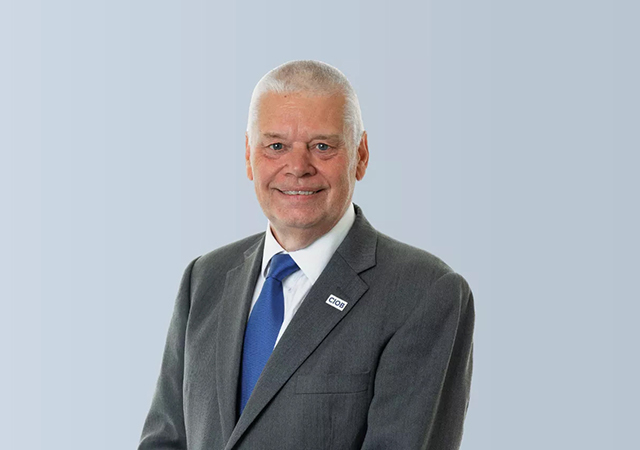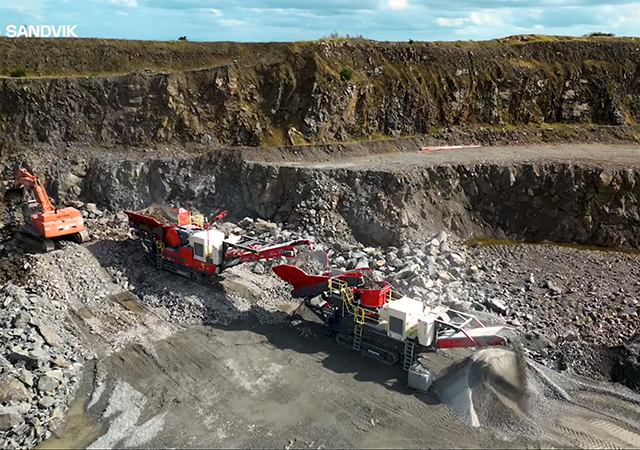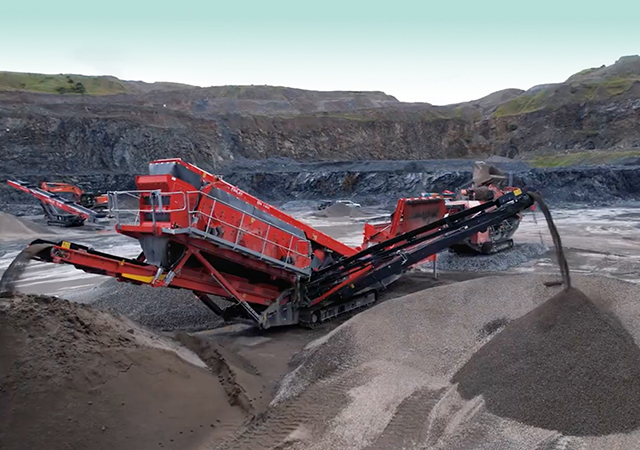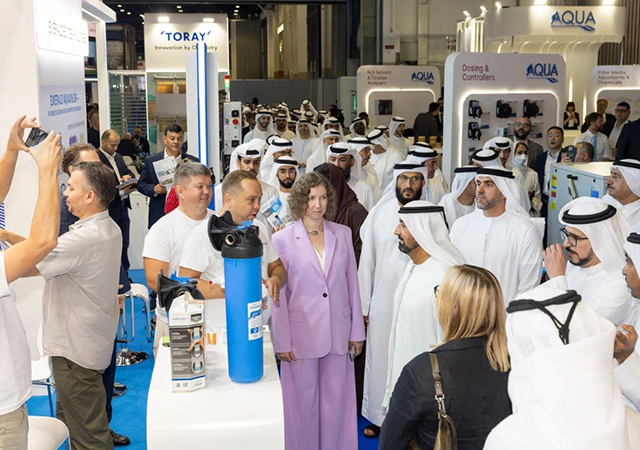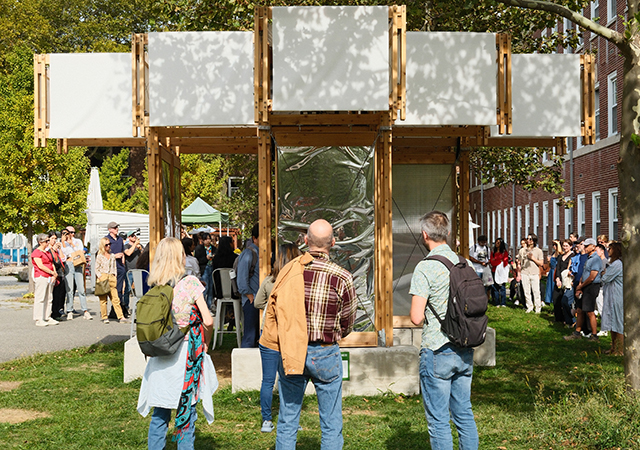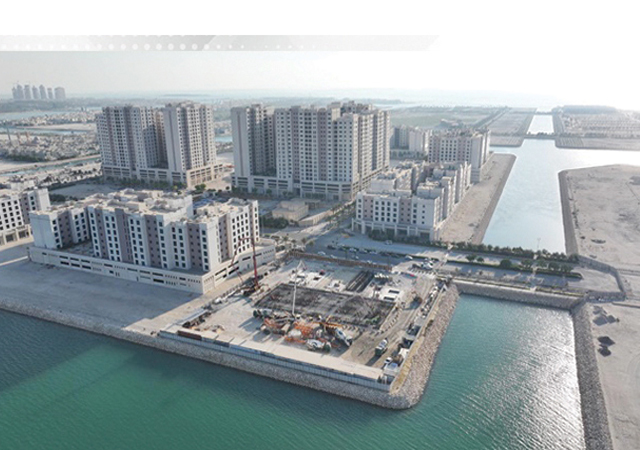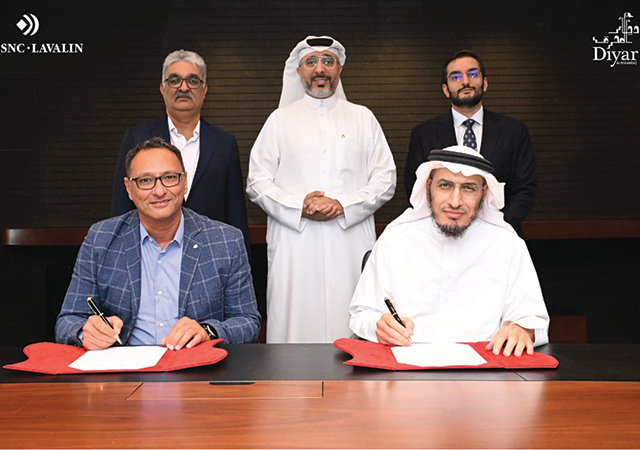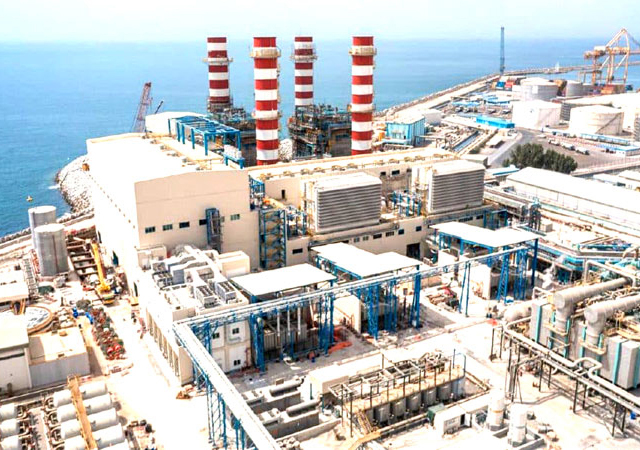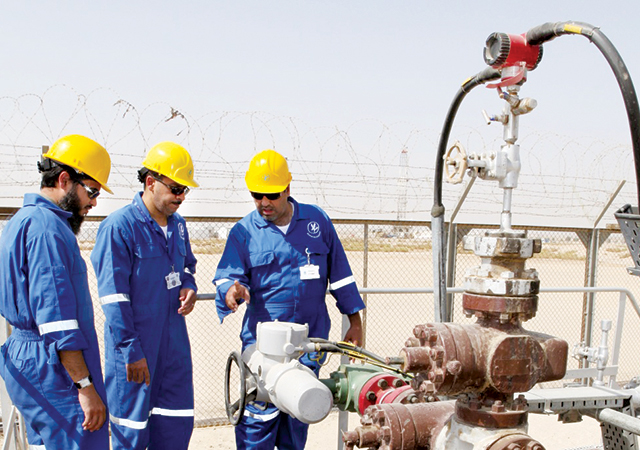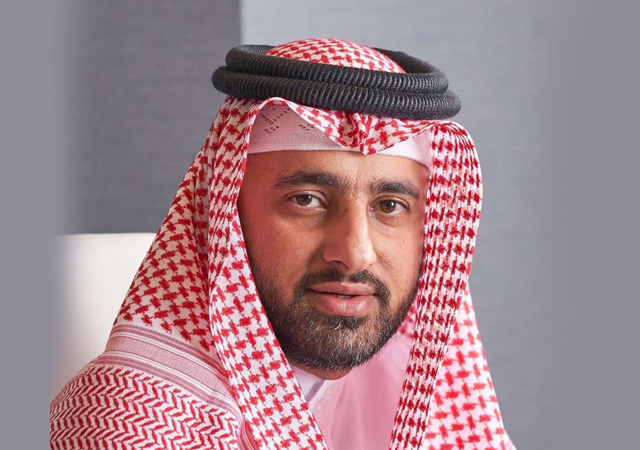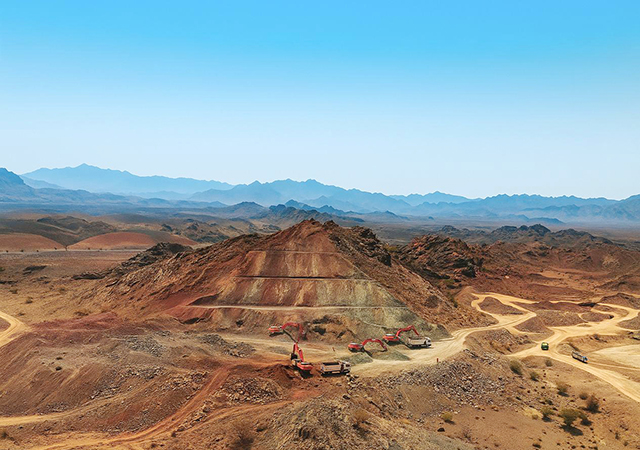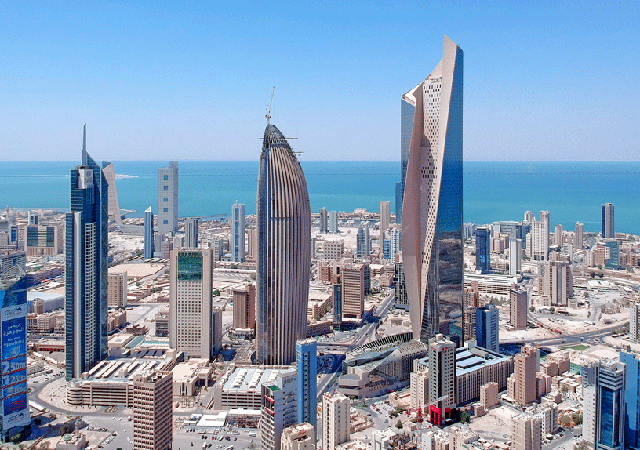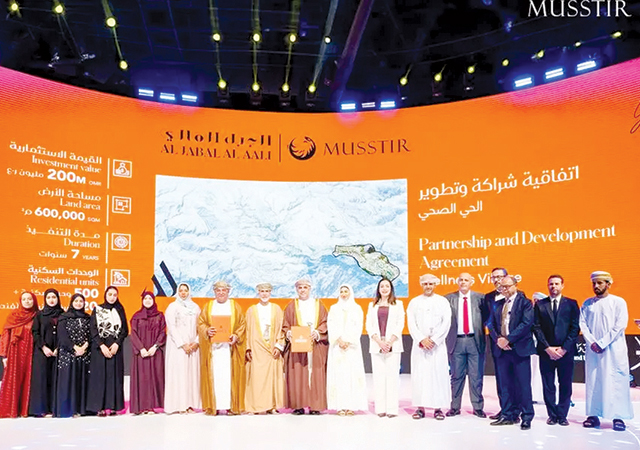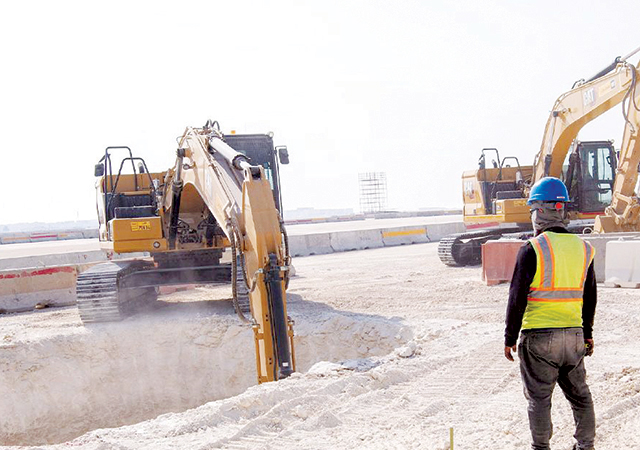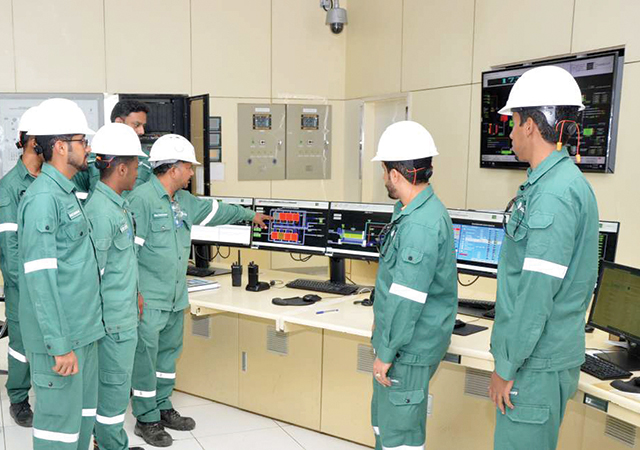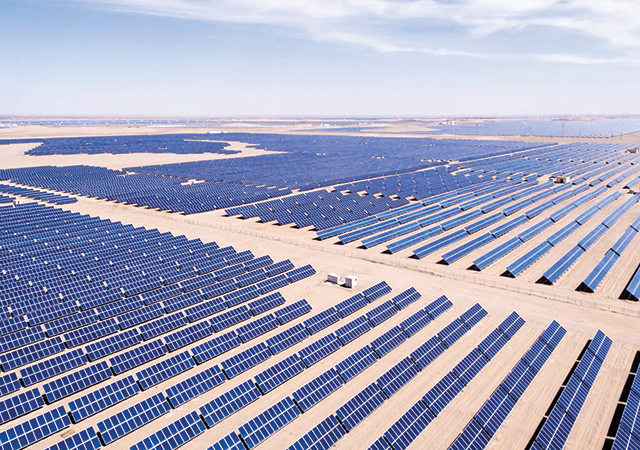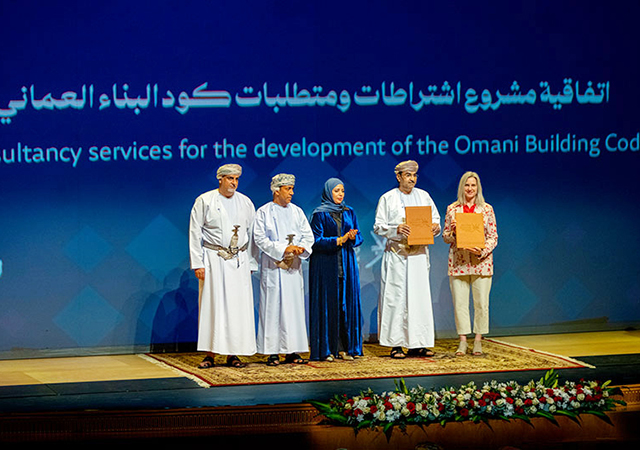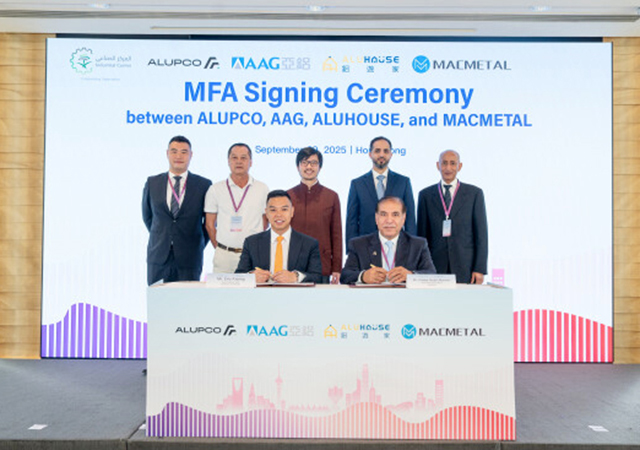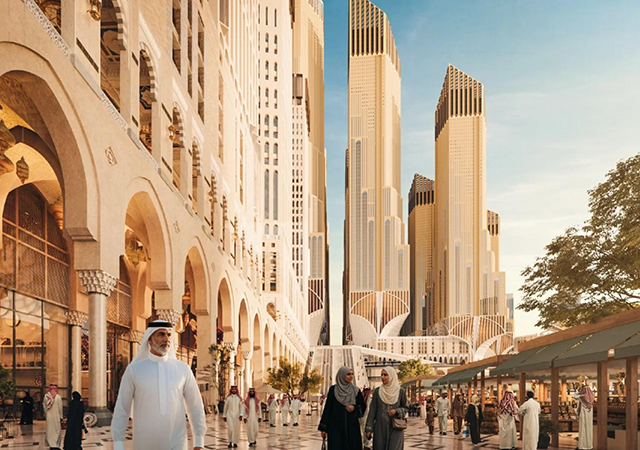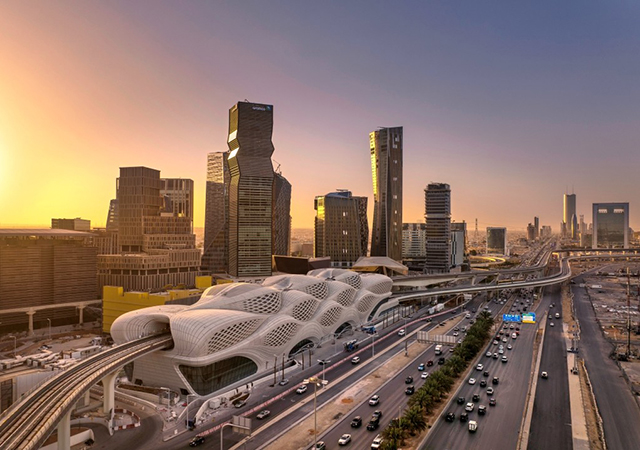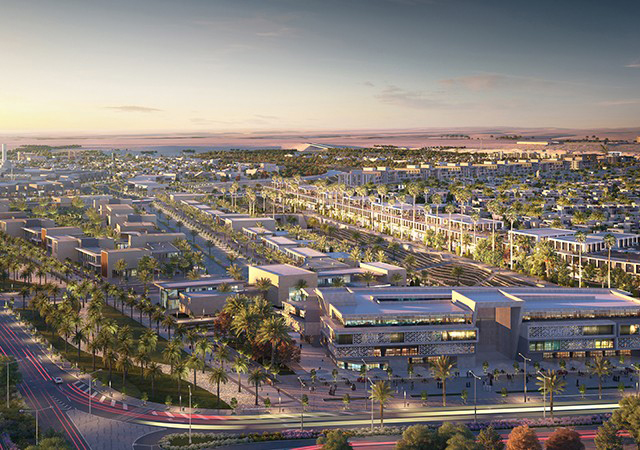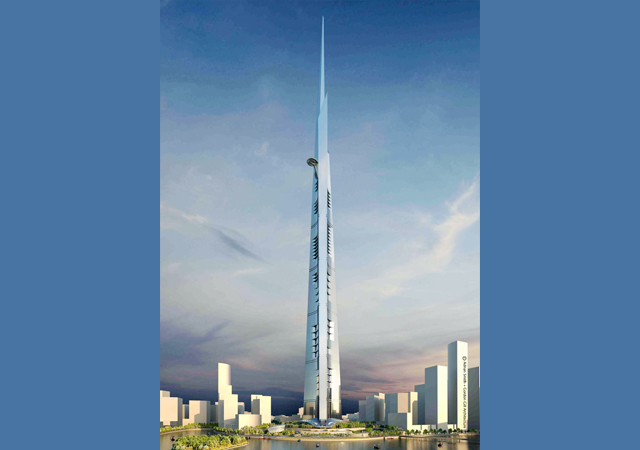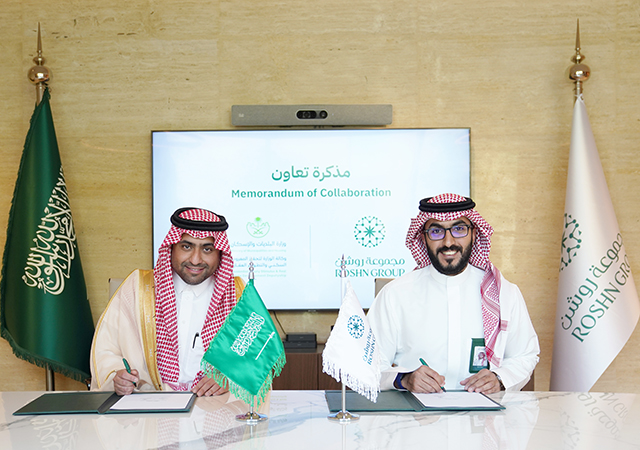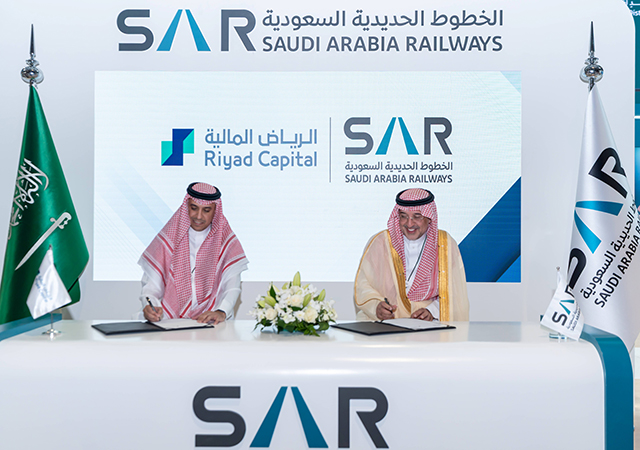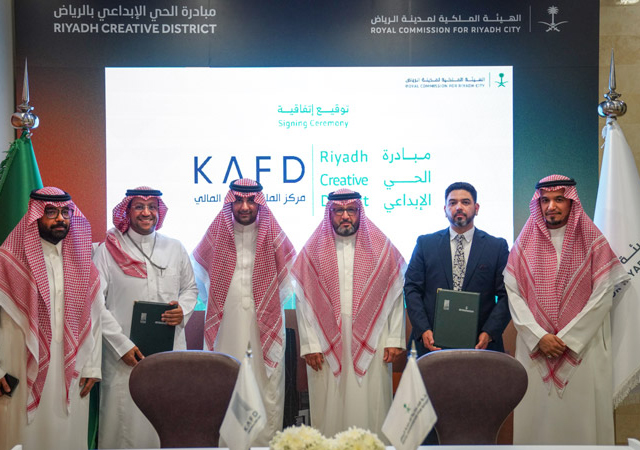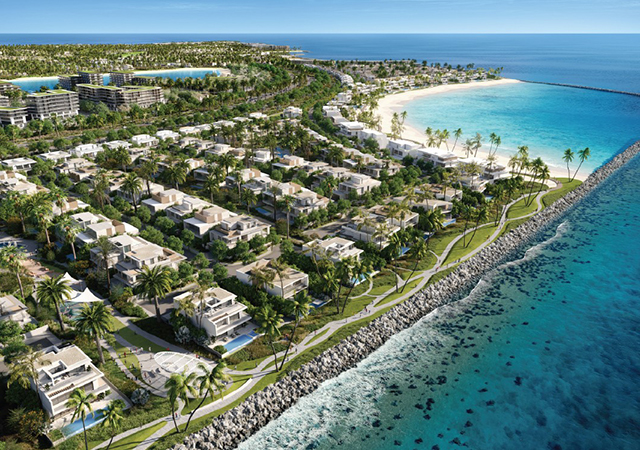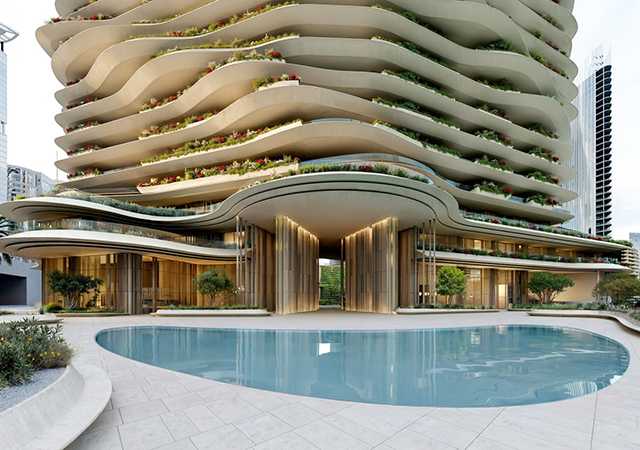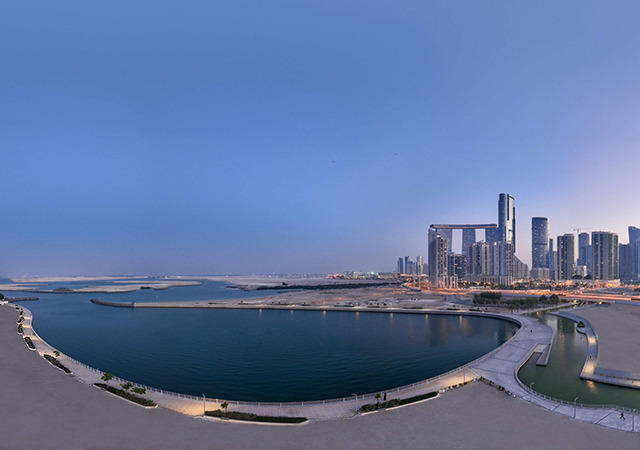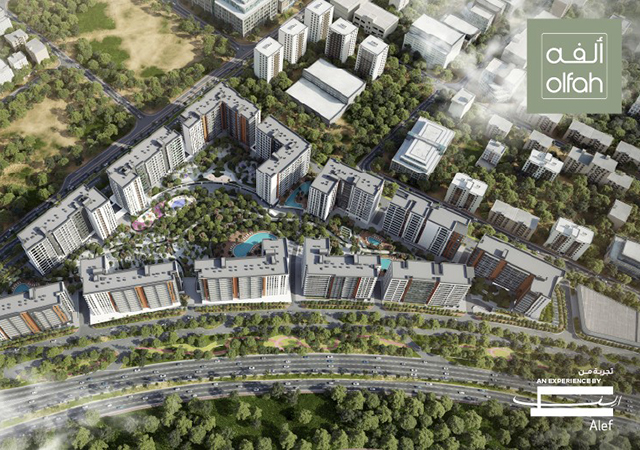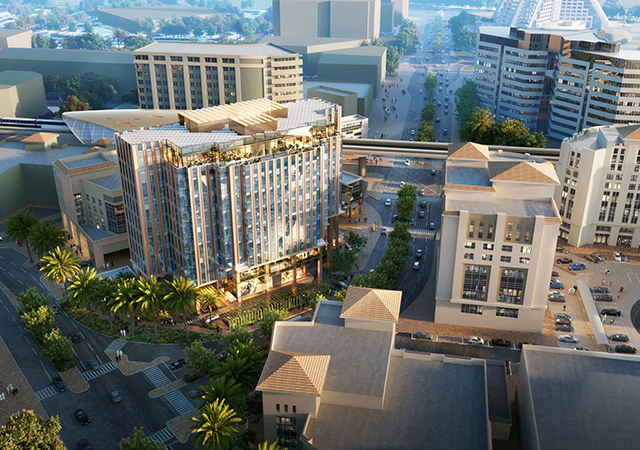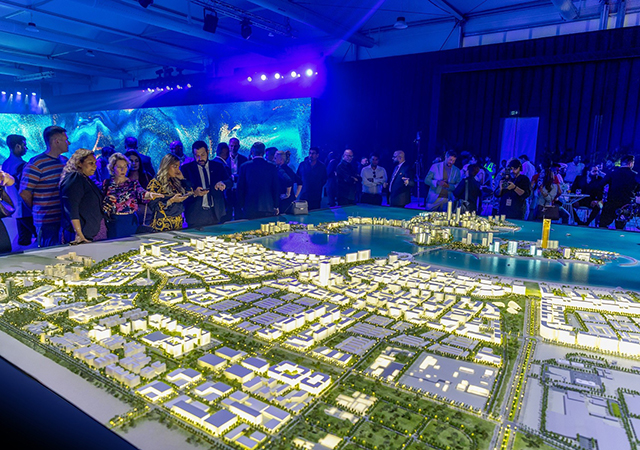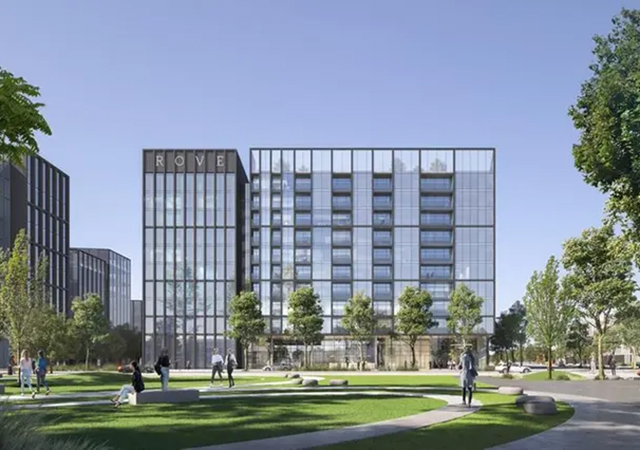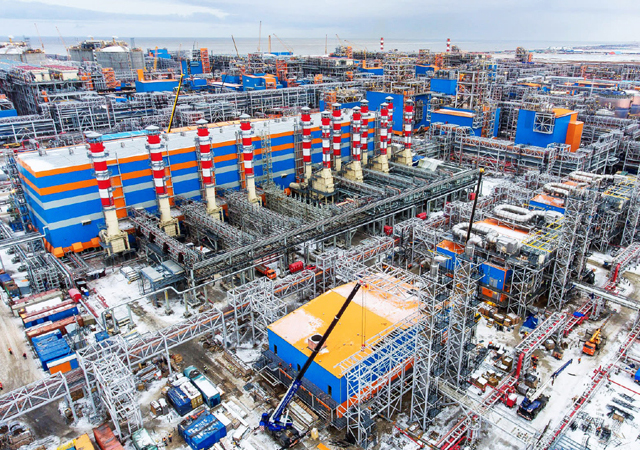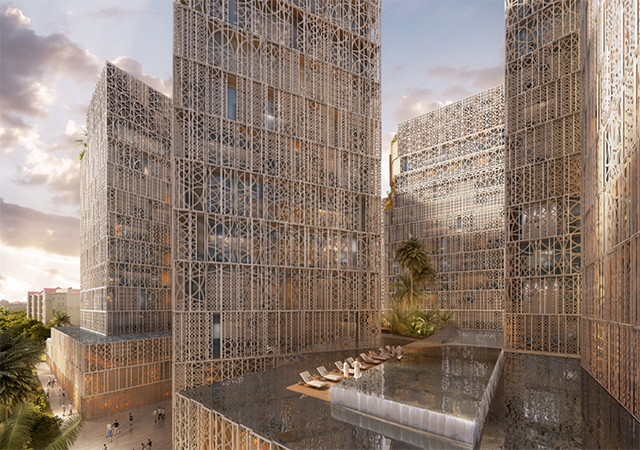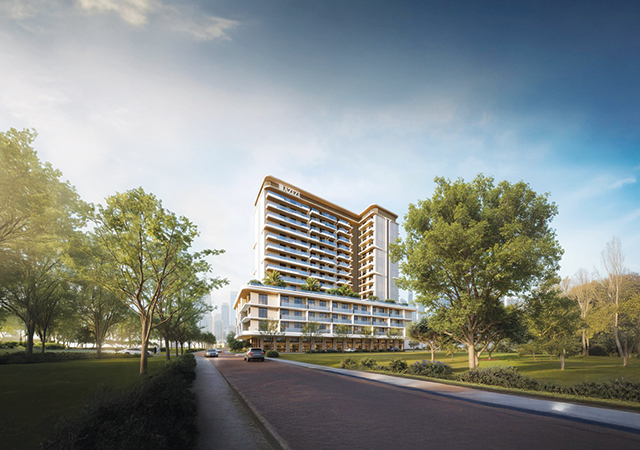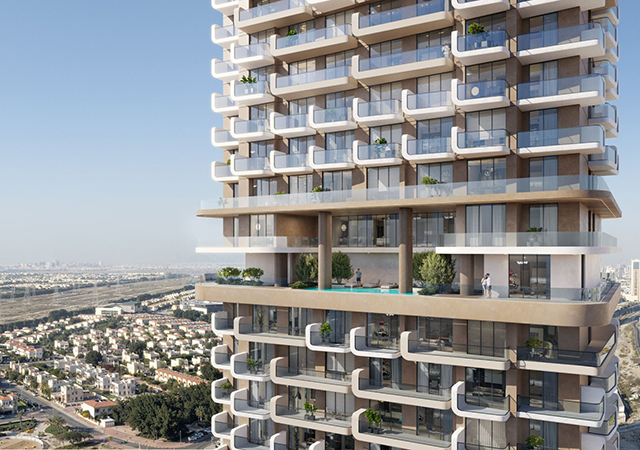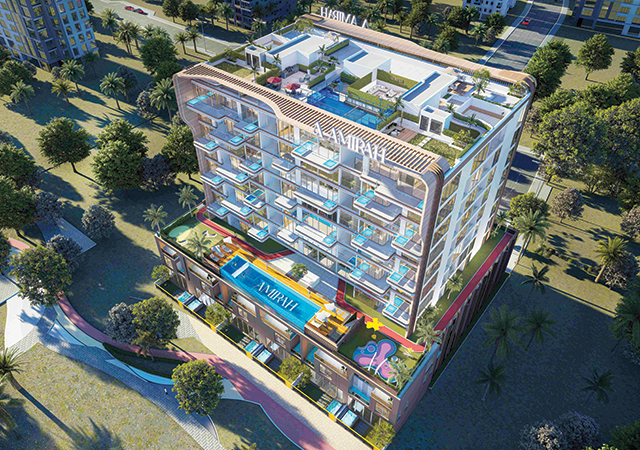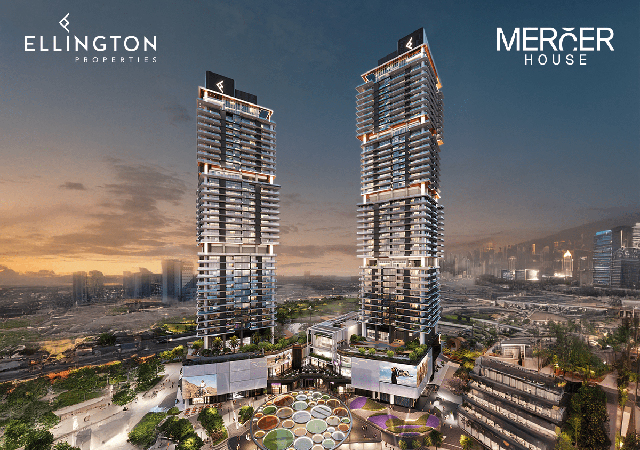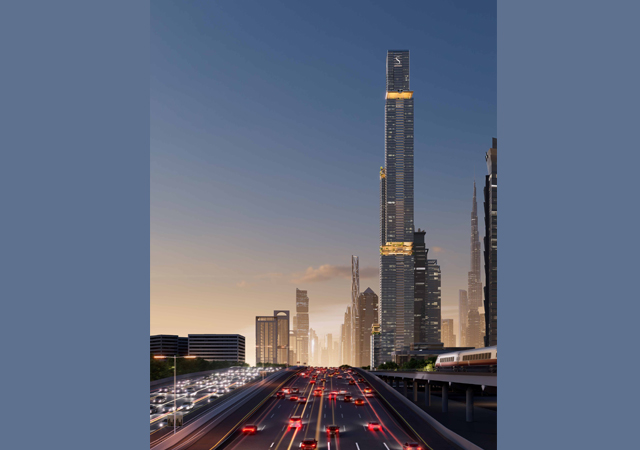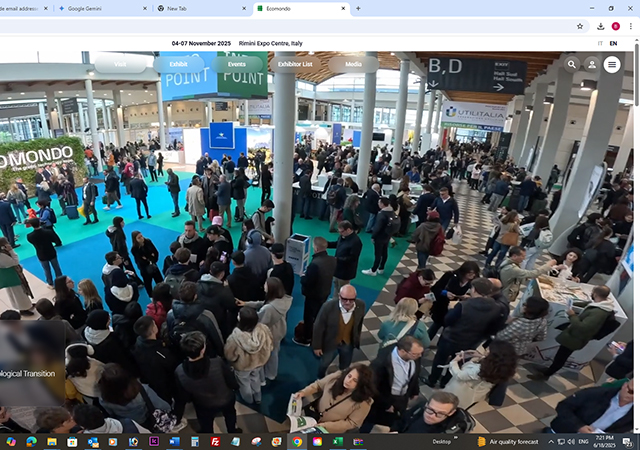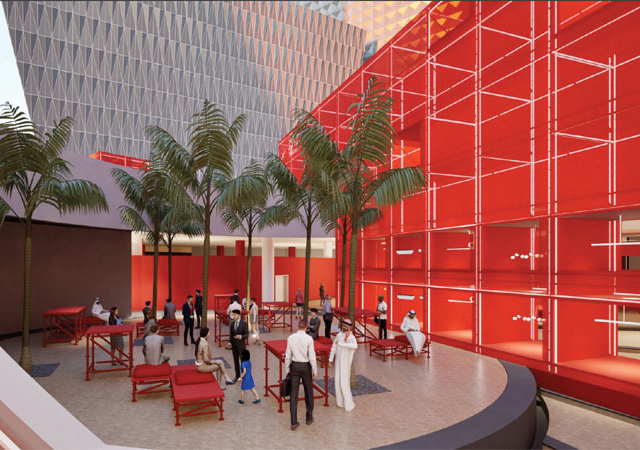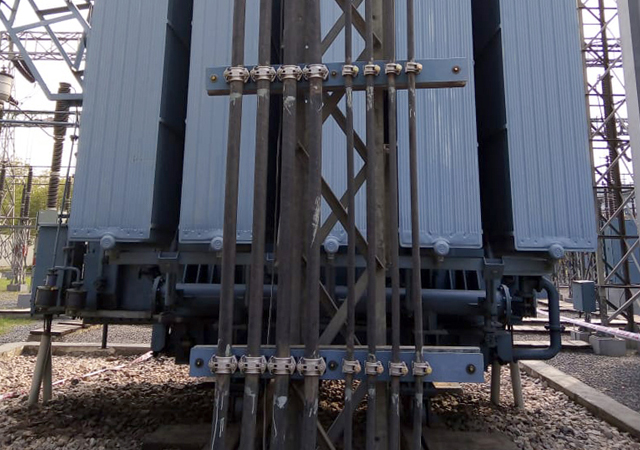
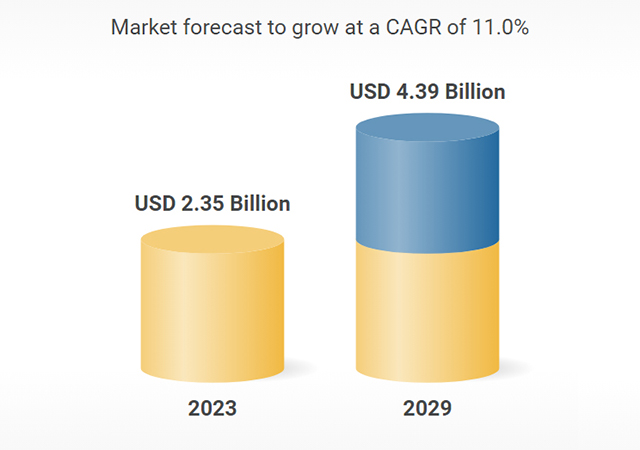
The Middle East data centre construction market is poised for significant growth, driven by a surge in artificial intelligence (AI) adoption, smart city developments, and a focus on sustainable practices, according to a new report.
The market, valued at $2.35 billion in 2023, is expected to reach $4.39 billion by 2029, reflecting a compound annual growth rate (CAGR) of 10.98 per cent, says Research and Markets in its report ‘Middle East Data Center Construction Industry – Outlook & Forecast 2024-2029’.
Key Trends
The Middle East is diverting its focus to a greener future that can be sustained in the long run, keeping the planet’s well-being in mind. The UAE, Saudi Arabia, Kuwait, Oman, and others are starting to use renewable energy sources such as solar, wind, and bioenergy to power data centres. Implementing air-based cooling techniques is also rising to curtail water consumption further. The UAE’s Moro Hub launched the largest solar-powered data centre facility in Dubai, while Equinix’s newly launched DX3 facility in Dubai is said to be powered by 100 per cent renewable energy.
AI adoption is propelling demand for high-performance computing (HPC), data storage, and specialised hardware. The UAE and Saudi Arabia are leading the charge, leveraging AI for smart grid management and energy optimisation, giving the added benefit of handling power generation and supply remotely.
The rise of smart cities like Dubai and Abu Dhabi is creating a need for robust data centre infrastructure. Saudi Arabia’s ambitious Neom project is one of the world’s highly anticipated smart cities that will cost about $500 billion and is expected to take the world by storm when it becomes operational.
Market
The market is segmented into electrical infrastructure, mechanical infrastructure, and general construction, which are interconnected and interdependent. Cooling systems are crucial due to the region’s hot climate.
Crucial internal software and hardware such as servers, computing devices, and other equipment must cool down as they work incessantly to manage millions of data centre operations daily. Therefore, to keep these up and running, proper power back-up facilities such as UPS systems and generators are needed. Hence, sustainable power back-up solutions using EcoDiesel, natural gas, or biofuels are gaining traction.
These facilities also need physical security and fire safety, ensuring the smooth running of the day-to-day activities without any external or internal threats.
The UAE and Saudi Arabia are the current leaders, boasting advanced technology, robust safety systems, and a dominant market share. However, Kuwait, Qatar and Bahrain are emerging players with ongoing developments.
The Middle East data centre construction market presents a lucrative opportunity, fuelled by advancements in AI, smart cities, and a growing focus on sustainability. The region’s strategic location and government initiatives further enhance its attractiveness for investors.



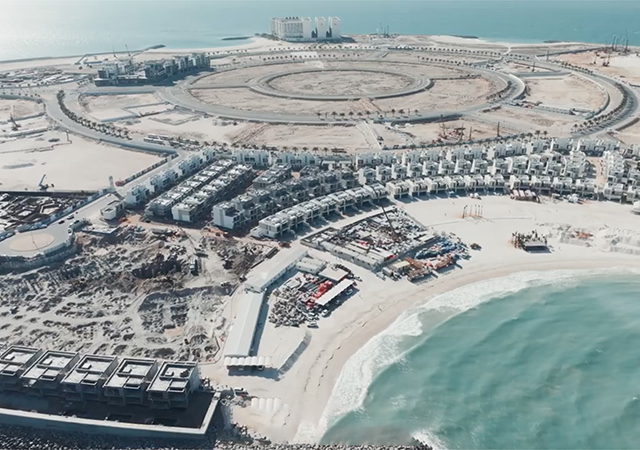

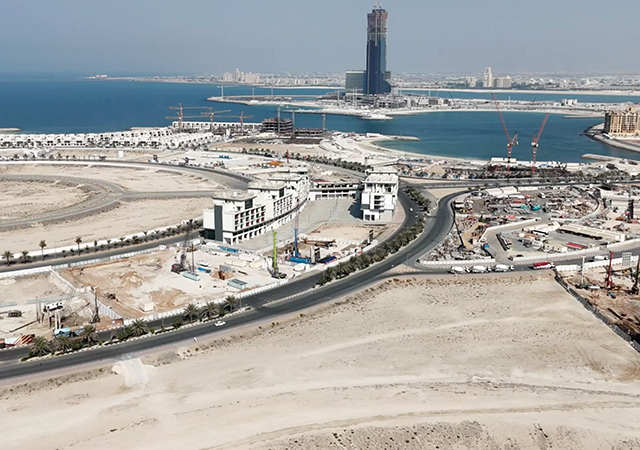
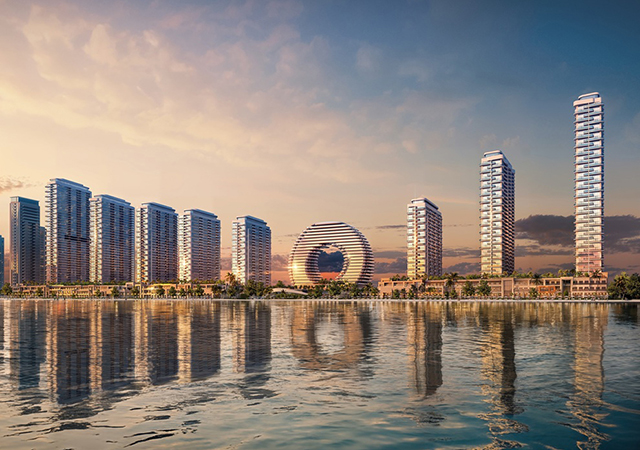
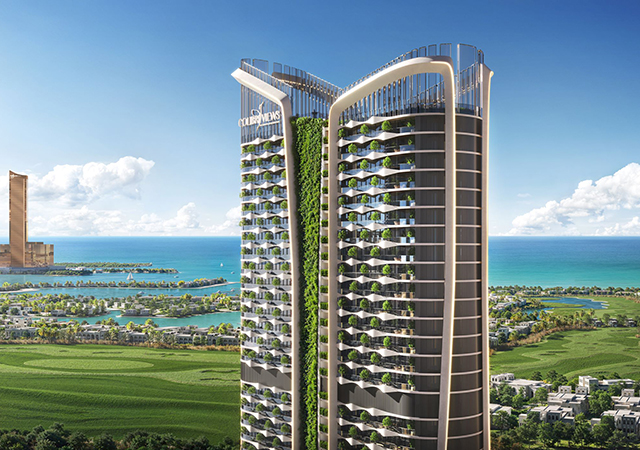
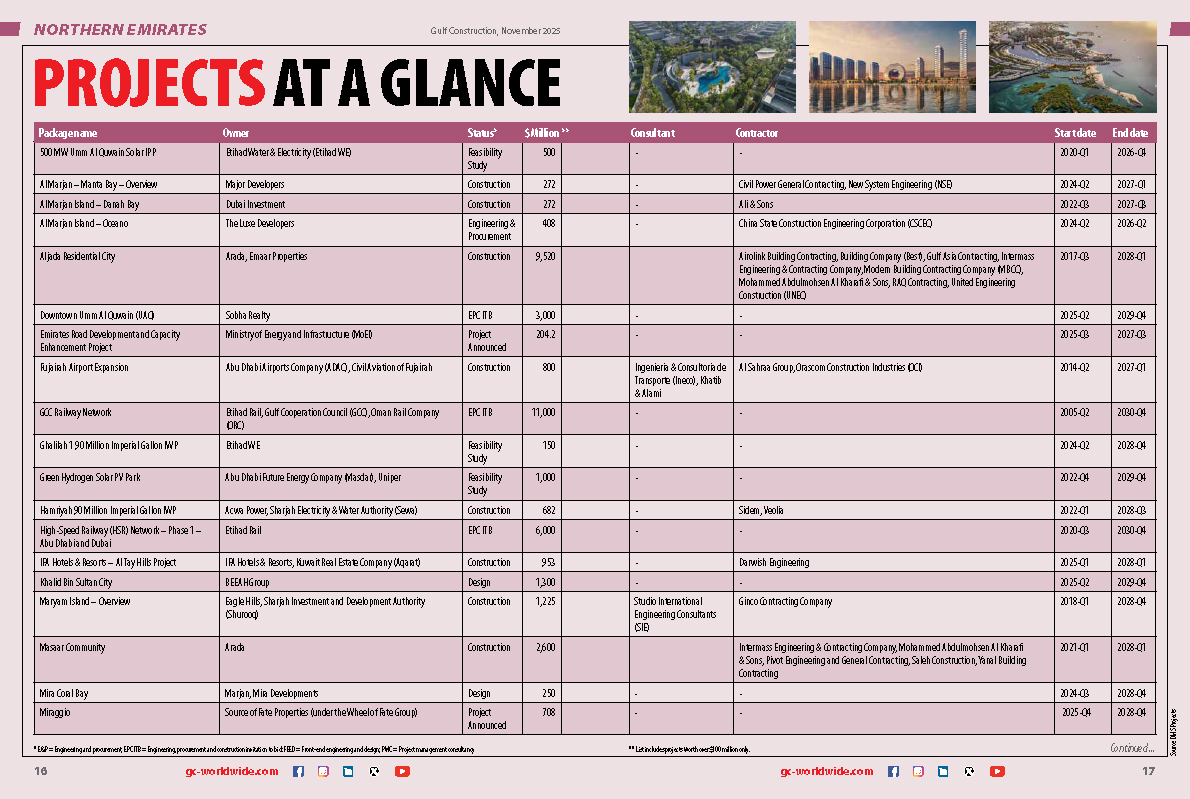
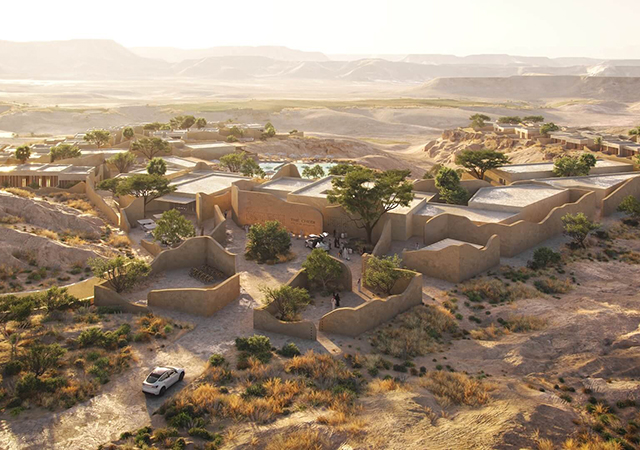
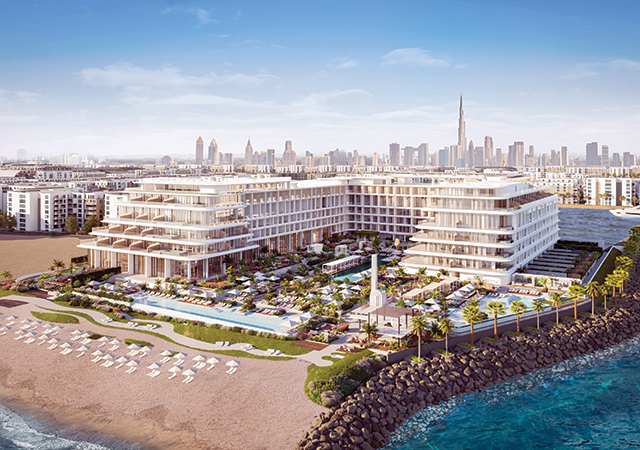
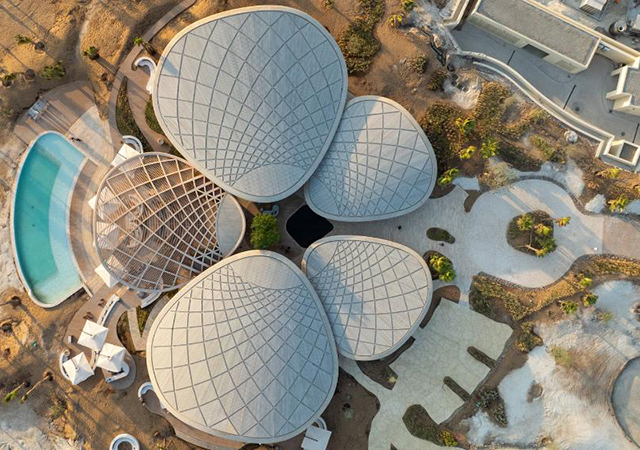

(5).jpg)
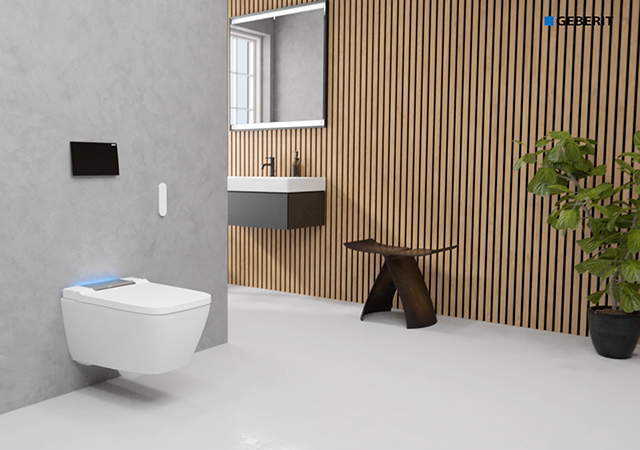
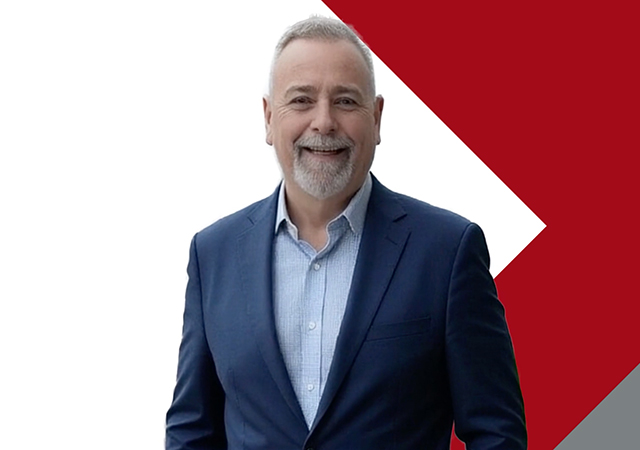

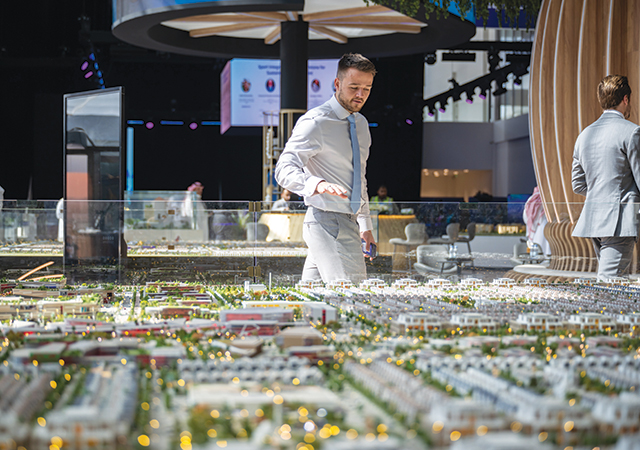
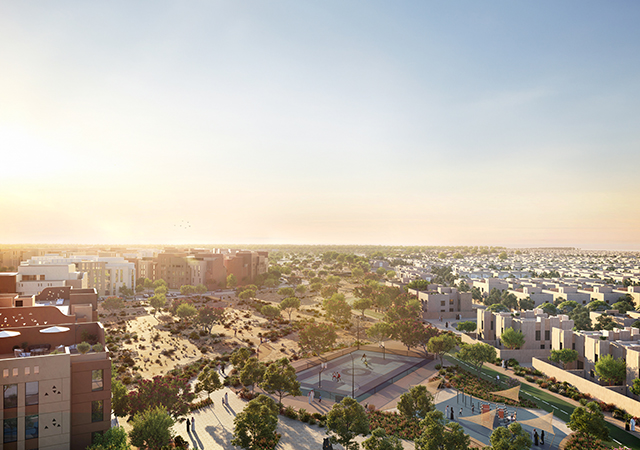
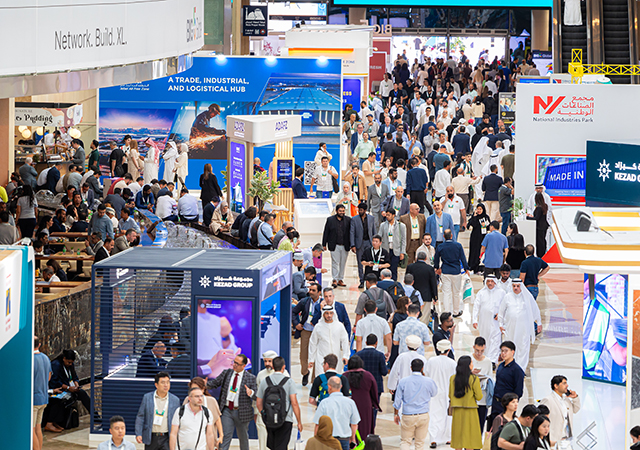
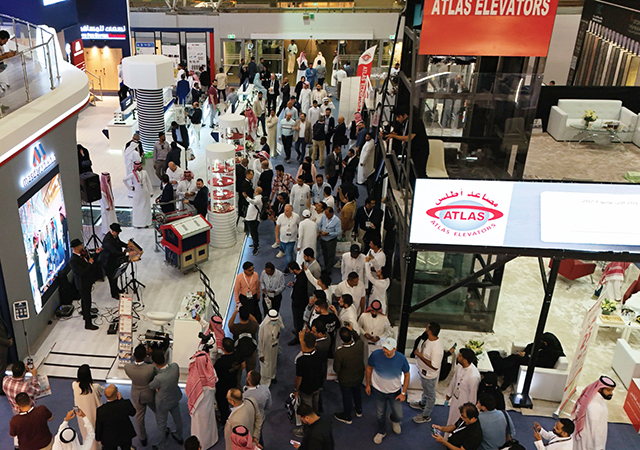
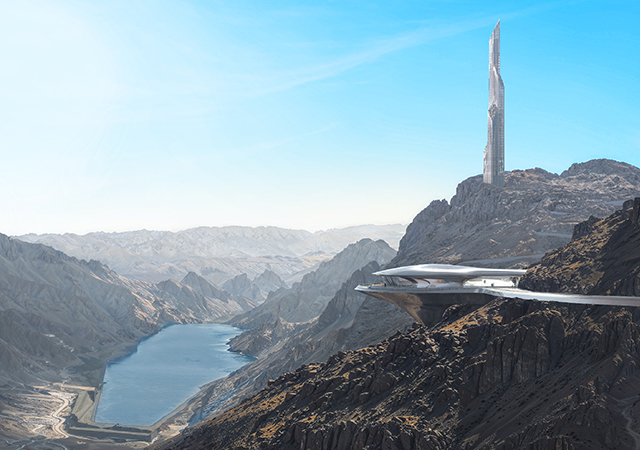
.jpg)
